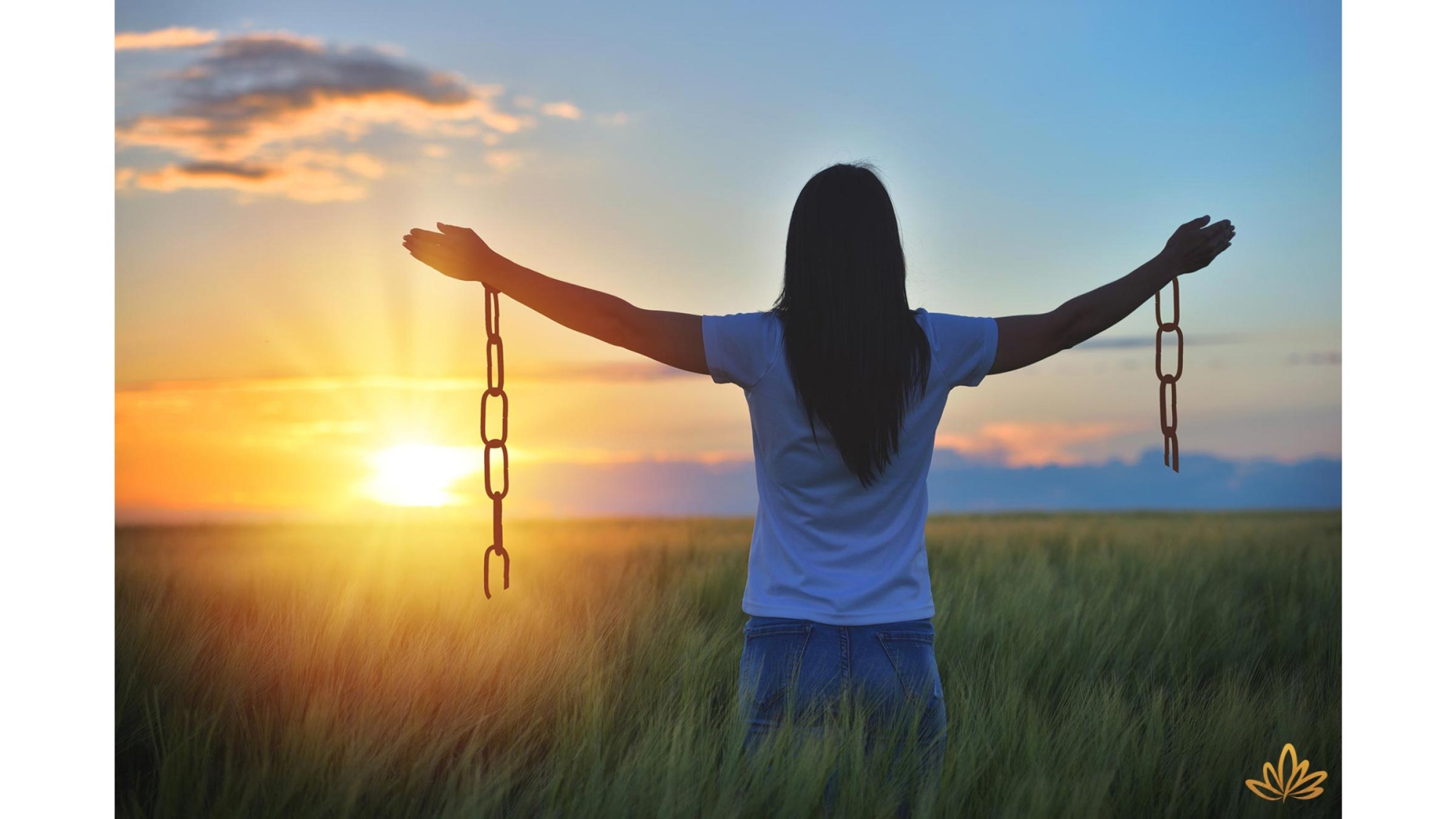Forgiving the utterly unforgivable
“Forgive and forget.” Although it’s a nice idea, the trauma of betrayal or injury (mental, physical, or emotional) isn’t forgettable. It weaves its way into our DNA and can follow us from lifetime to lifetime, causing us to harm ourselves and others.
Which is why forgiveness is so crucial.
But how do you forgive what feels utterly unforgivable?
Let’s take a look at a few cases of radical forgiveness and hear from those who have discovered its healing balm and ability to allow them to move on, often in unison with the offender.
- During WWII, Corrie den Boom, a Dutch Christian, and her family hid Jews who were fleeing from the Nazis. They were eventually caught and sent to a concentration camp. Just days before the camp was liberated, Corrie’s sister died. Later, while Corrie was speaking in a church, one of the men who had been a guard at the concentration camp in which she and her sister were held came up to her, expressed his regret, and asked for her forgiveness. She agonized over what to do next. She felt unable to grant his request under her own strength. So, she asked God for help and found herself suddenly able to shake the man’s hand and verbally forgive him. That wasn’t the end of her forgiveness journey with the man, but it was the beginning of the release of her bitterness and hatred.
- In Rwanda, citizens are living in reconciliation villages where perpetrators and survivors of the 1994 genocide live together as neighbors. This genocide was conducted by neighbors; the killers knew their victims personally. So, although the genocide remains a source of anguish, forgiveness for many in Rwanda looks like coexisting with others, having let go of the desire for revenge or reparations.
- In 2006, a one-room school filled with Amish children was taken hostage by a suicidal gunman. After several terrifying hours, the man bound and shot ten girls, killing five of them, before committing suicide. Within hours, the Amish families forgave him, even visiting his wife and parents to offer comfort; they also attended the killer’s funeral. A grandfather of one of the murdered girls cautioned the family not to hate the killer. Another father said, “He had a mother and a wife and a soul. And now he’s standing before a just God.”
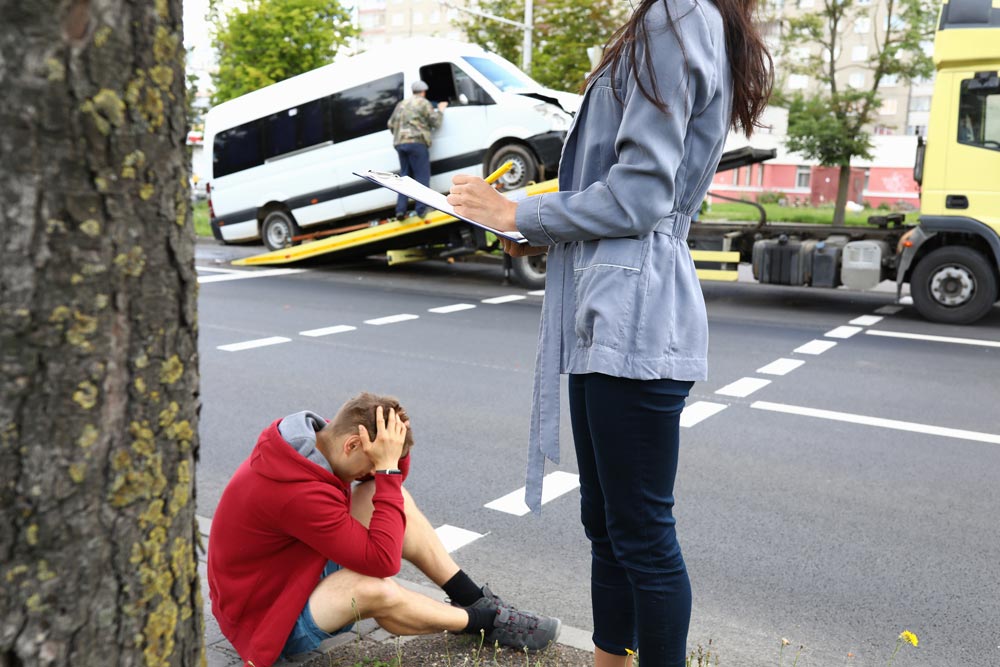
-
Erik Fitzgerald, a young pastor, lost his wife and their unborn, near delivery time son when the driver of another car fell asleep at the wheel after working a long shift as an EMT. Despite his pain and grief, Erik was concerned and felt great compassion for the young man who had taken the lives of his family when he heard about the intense guilt and shame he was experiencing. When it came time to pursue charges against the man, Erik chose the most lenient charge to demonstrate God’s forgiveness and love. Later, Erik and the man ran into each other at a store and Erik immediately embraced him. They began to talk. Since then, the two have developed a deep friendship despite the tragic circumstances that caused their paths to cross.
- A few hours after his 6-year-old daughter was killed during the Sandy Hook Elementary School shooting, Robbie Parker publicly forgave the gunman who took his daughter and 26 other lives. “We’d like to offer our deepest condolences to all the families who are directly affected by this shooting. It’s a horrific tragedy and we want everybody to know that our hearts and prayers go out to them. This includes the family of the shooter; I can’t imagine how hard this must be for you and I want you to know that our family and our love and our support goes out to you as well. As we move on from what happened here, let it not turn it into something that defines us, but something that inspires us to be better, to be more compassionate and more humble people.”
- In 1993 a mother named Mary Israel lost her only son, Oshea, when he was shot during an argument at a party. After serving 17 years of a quarter century-long sentence, the killer was released from jail and went back to his old neighborhood—where he lived right next door to Mary. A few years prior to his release, Mary had been given a supernatural directive to forgive him, so she set out to do that by way of several meetings with him. After some time passed, she was able to forgive him. Mary explained, “Unforgiveness is like cancer. It will eat you from the inside out. It’s not about the other person; me forgiving him does not diminish what he’s done. Yes, he murdered my son – but the forgiveness is for me. It’s just for me.”
-
Pastoramina lives in the coffee regions in Colombia. Her father was killed by the war. Her two brothers were killed. Her husband was killed. And her son was tortured and killed three or four years after her husband was killed. About 15 days after her son was buried, somebody came to her house seeking help. He was battle-wounded, so she opened her house to help him. When he recovered, he was going out again to continue the war, but then he saw a photograph of her so and asked her, ‘Is that your son?’ When she said, ‘Yes,’ he started to cry uncontrollably and said, ‘Forgive me, but I was the one. I need to tell you: I was the one who tortured and killed your son.’ She was shocked, but about 20 seconds later, she embraced and thanked him. Dumbfounded, he asked her, ‘Why, why are you saying thank you to me? I killed your son. I tortured him.’ And she said, ‘Well, what you just did, telling me what you did, and by crying, you liberated me from hating for the rest of my life.’”
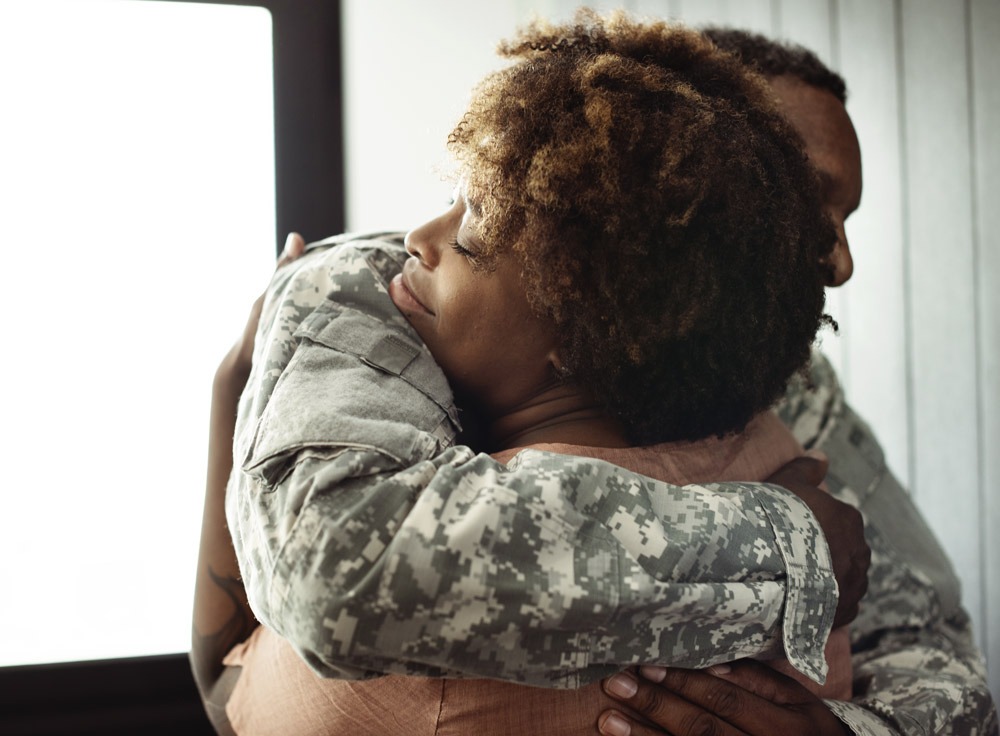

Still Can’t Get There?
If, despite these examples, you still find yourself seemingly unable to forgive someone else for the way in which they wronged you, I have a few facts about forgiveness and a meditation that may help you get there…
The science of forgiveness
- Studies show that forgivers are less likely to engage in excessive drinking and smoking.
- Forgiveness is associated with reduced anxiety, depression, and other psychiatric disorders.
- Individuals who forgive also have better cardiovascular responses to stress.
- Current evidence suggests that forgiveness is at its strongest when it deals with forgiveness between two individuals.
In a single sound bite, forgiveness is the best form of self-love and self-care. It can free you from hate, anxiety, depression, and any addictions you may have taken on to try to squelch the vitriol that churns inside you whenever you hold onto blame or unforgiveness.
Every peace process, including forgiveness between two people, has two phases: peacemaking and peacebuilding. Peacemaking can be as simple as a mutual agreement to disarm and reintegrate (if and only if reintegration is something both parties genuinely want). But peacebuilding requires forgiveness and learning how to forgive requires the truth. Many people say, ‘I don’t want reparations. You cannot repair what has been lost or the sorrow it caused, but I need to know the truth. Why did you do that?’
So, the truth becomes extremely, extremely crucial. The truth hurts, but it’s a necessary catharsis. The truth is what sets you free to forgive and move on.
What forgiveness is and isn’t
When you forgive someone, you’re not saying what they did was okay. The intention of true forgiveness is to make a concerted effort to kill your resentment or your desire to humiliate the offender or retaliate in any other way. Forgiveness is required precisely because someone has done something inexcusable. We need to forgive inexcusable things to heal so we can redirect our energies to activities where they will be more beneficial than stewing in a pot of recrimination and blame.
Have You Forgiven Yourself?
One more piece of the forgiveness puzzle requires something which a lot of us have a hard time doing, and that is forgiving ourselves for whatever role or roles we played in the area requiring our forgiveness.
Until you can forgive yourself, it’s going to be a tough hill to climb to forgive someone else.
What self-forgiveness requires is what all forgiveness requires: transparent truth. Not the story we tell ourselves about our victimhood, but the actual way in which our victimhood evolved. What did we say, allow, encourage, or ignore to pave the way for the incident that now requires forgiveness?
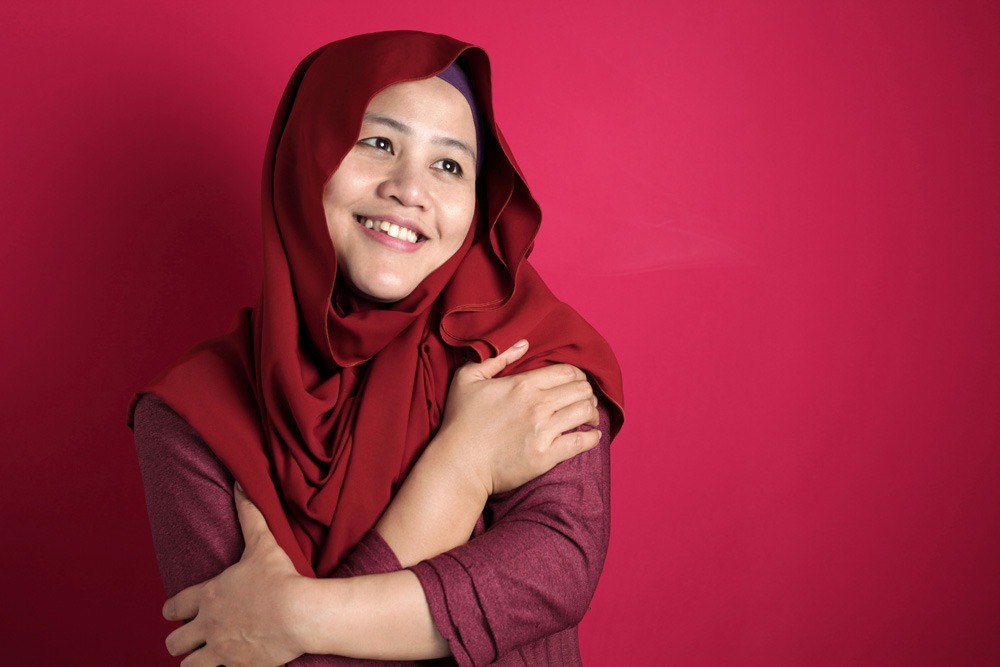
A close review of our own role can be extremely uncomfortable but, if we approach it analytically rather than emotionally or defensively, we get a clearer picture of the lay of the land. We may well discover that we did absolutely nothing wrong to find ourselves the victim of trauma, and that’s fine.
And this is perhaps the place to mention that our culture asks women, especially, to claim “inducement” in areas where we are completely faultless. (Dressing nicely, or to stay cool in summer, is NOT inducement for sexual harassment.)
But there will be times when we know we did play a role in our victimization. The idea here isn’t to beat ourselves up over that role, but to acknowledge our own culpability, and then to forgive it so we can forgive the other party!
I’m going to end this blog with worksheets to help you forgive yourself and someone else, but before I do that, let’s do a brief meditation on forgiveness.
Sit down in a comfortable chair, couch, or on the floor – wherever you feel most comfortable and at home while meditating. Close your eyes and ask your Higher Self and Spirit Guides to guard and guide you as you relinquish your earthen self to their help.
Feel your body as it releases all tension and as your heart and higher chakras open to let in the wisdom of the spheres.
When you feel open and alert, ask your spirit guides to help you inhabit the feeling of releasing all unforgiveness. Experience how good it feels to your soul and spirit to no longer feel the need to blame or to hold onto thoughts that don’t help you move toward the light of loving-kindness and forgiveness.
Feel how good it is to relinquish your anxiety, or your depression, or the unhelpful coping strategies you adopted to deal with something that happened in the past, something you can’t change. View it through the lens of your Higher Self, so you can send a blessing of forgiveness to yourself and to the person who hurt you. Send them loving-kindness and accept the loving-kindness that your spirit guides are sending your way right now…
As you return from this meditation, thank your spirit guides for their help, and begin your journey back to where this meditation began.
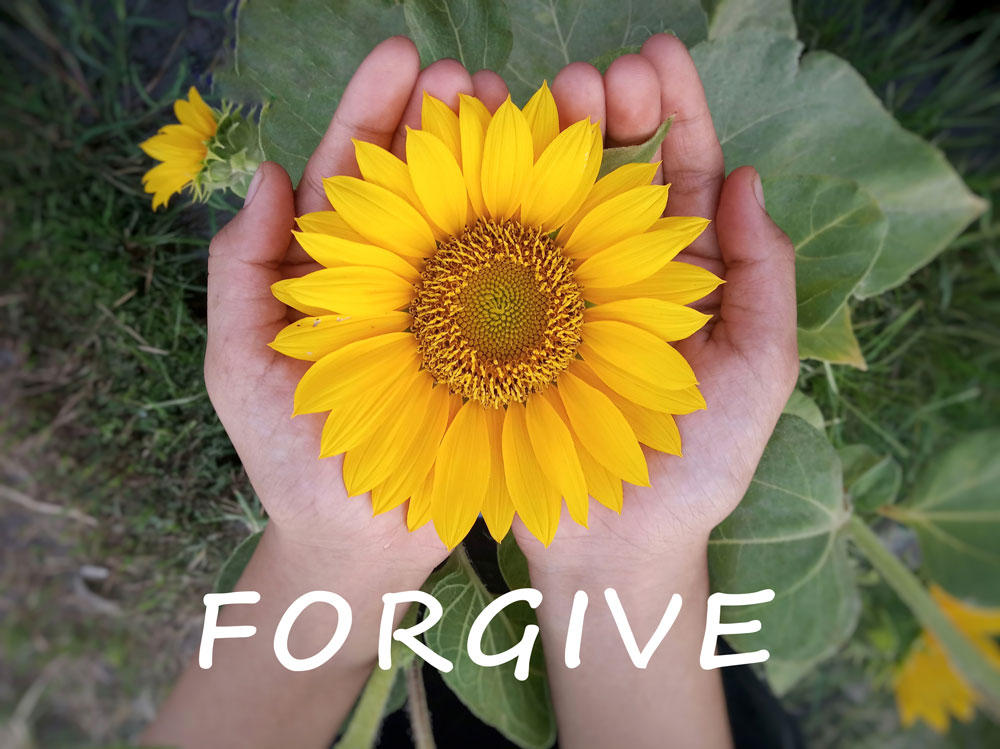
If you still find it difficult to tap into the incredible healing power of forgiveness, consider going a bit deeper into the topic with access to our Forgiveness Audio Workshop. In this powerful workshop, Deborah teaches you to forgive yourself – the crucial first step before you can forgive anyone else.

